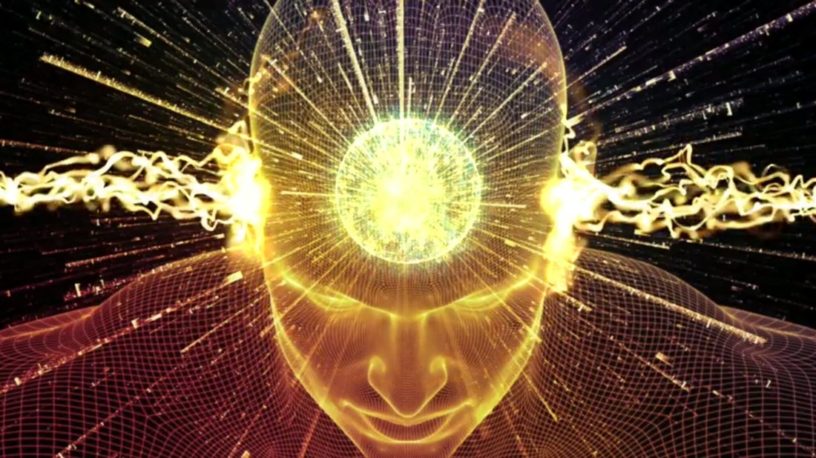Pt. Dr. Umesh Persad, Spiritual Leader of SWAHA Gyaan Deepak Kirtan Mandali
Mana eva manushyaanaam kaaranam bandha-mokshayoh
~ Amrit Bindu Upanishad
The mind is the cause of bondage. It is also the cause of liberation. This line means that whatever we think, we tend to believe. Whatever we believe, creates our life. If we believe that we are bound, we are. If we don’t believe the negative thoughts, there are no problems.
The greatest challenge people face today is mental health. Our projections for the future, anxiety, depression and stress may lead to mood disorders and, in extreme cases, even suicide. Our state of mind depends on what happens in our life. But, what causes these moods, emotions and feelings? The cause is a thought or series of thoughts circulating in our minds. Without thoughts, we have no reactions or feelings and can remain peaceful. It is when a thought enters the mind that we start to react and develop emotions. We can’t stop the thoughts from entering our minds; this is our biology. However, it is when we believe these thoughts that problems arise.
At the source of our thoughts are our beliefs and assumptions. These are the result of what we were taught by our parents, our society and the media. There are a variety of techniques that we can use to control the mind. Some say that we have to be careful of what we think, that is, we need to examine our own thoughts. There is always a list in the mind, whether it deals with the home, finances, job, transport or crime. In some cases, people go to psychologists or psychiatrists to deal with negative emotions. The advice given will be based on the theories and perspective of the practitioners. One might say that it is the environment that is the cause. Another will say that it is the childhood upbringing or internalised anger. Yet another will diagnose an imbalance in the brain and prescribe medication. The medication may work but the root cause of the negative emotions is still not addressed. A pundit might advise that it is due to the planets and blocked chakras (energy centres in the body).
If we dig deep enough, we might discover that negative thoughts and emotions are based on our self-esteem. What is the cause of genuine self-esteem? An individual might be good-looking, talented, bright, have fame and fortune, yet be depressed or think badly about themselves. Self-worth is not a result of achievements, approval of others or friendship. If I don’t have a good perception of me, no matter what I achieve or have, I’m going to feel depressed. When we’re depressed or in a bad mood, we sometimes convince ourselves that we’re worthless. Do we question this feeling or do we believe it? We must consider that everything is always changing; our human existence is an ongoing process. The body is constantly changing and growing; we have changing thoughts, feelings and behaviours. Life is always changing and moving on. We are not static beings therefore we should not label ourselves as inferior or worthless.
How do we get rid of these negative feelings inside us and develop a sense of self-esteem? The answer is, we have to turn away from all the negative thoughts that are telling us that we’re worthless because, in our natural state, we are peaceful, happy and have worth. As children, we are in that state. One technique is to examine the thoughts in our mind. The reason for our negative feelings is our belief in the thought. I should ask myself, is the negative thought true? Why does it upset me? Analyse the thoughts and provide a rational response to them. Consider that everybody makes mistakes instead of thinking that I have failed. The latter is a cognitive distortion or wrong thinking. If I have made a mistake, I could correct it and move on. If everyone in the world disapproves of me or criticises me, it won’t make me worthless. If I think that I am worthwhile because I am a human being experiencing the world, then nothing anyone says or does could make me feel otherwise.
Challenge your debilitating beliefs and turn them in a positive light. Spirituality consists not only of the religious stories and rituals, but it is also about how to be all the time. It is the process of transforming ourselves and returning to our natural state of peace and joy.
~ An excerpt from Sunday morning service at Gyaan Deepak Kirtan Mandali



